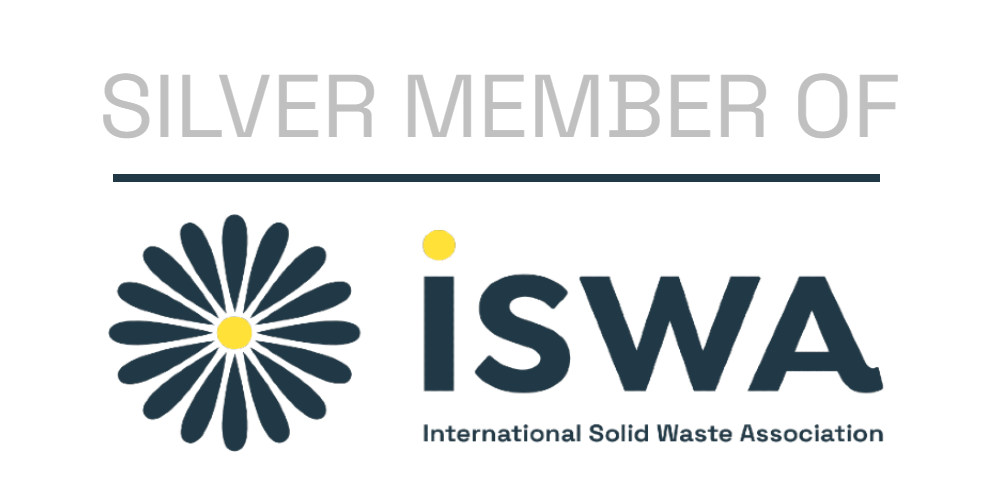Biomedical waste is a critical issue for hospitals and Public Health. According to international standards, it is subject to specific rules and must be treated in strict regulated conditions. In most developed countries, it is transported by expensive secured trucks to adapted waste processing plants. In some hospitals, those transports can happen twice a day, which creates a lot of traffic, diesel pollution and affects significantly their carbon footprint.
Based on a patented technology combining shredding and microwave sterilization, Sterilwave is the most compact solution available on the market and has been designed to be installed inside hospital facilities.
The recent decisions of the National Health Service (NHS) in the United Kingdom aiming to upgrade their hospital medical waste management process are a gold standard example to share. In 2016, the NHS and the environmental agency validated the first country on-site medical waste processing plant, in the facilities of the Whipps Cross University Hospital (600beds), located in London Greater. Within an-ultra compact working area, the Sterilwave plant includes 2 Sterilwave 440 units and process up to 2.4 tons of regulated medical waste on a daily basis.
Neil Allen, Waste Environmental Manager at Bat’s NHS Trust explains that before Bertin Medical Waste’s solution, “we used to have trucks coming in the hospital site every day, they would weight up to 20 tons when fully loaded”. Those haulers would ride to incineration plant places 70 miles away daily, but all this ended with this new solution: “we have one vehicle coming in here a week”.
Today, the World Health Organisation (WHO) supports on-site treatment solutions because of their positive influence on carbon footprint reduction, diesel pollution reduction and close operation traceability. Beside this asset, Sterilwave microwave technology enables a great amount of waste to be treated without any liquid effluents and no water consumption, limiting the pollution around the hospital. This technology, scientifically approved for its efficiency, is today the most recommended for biomedical waste management.


